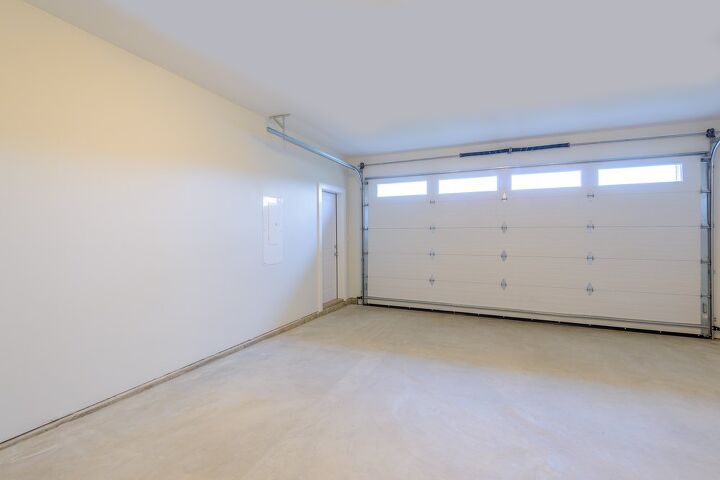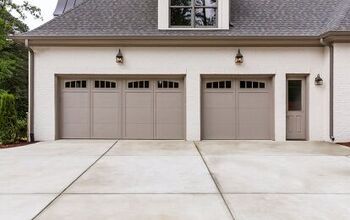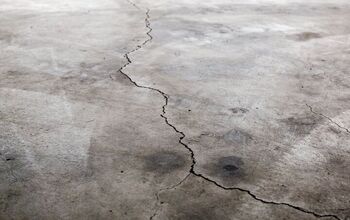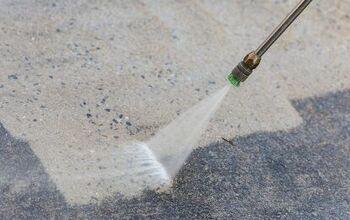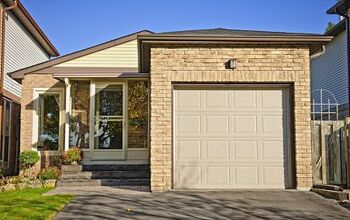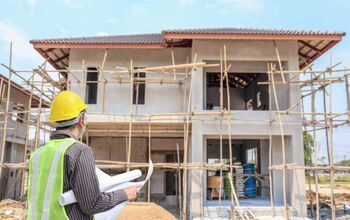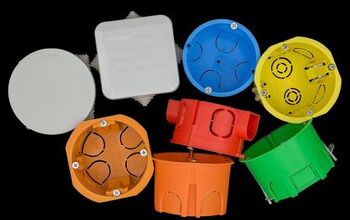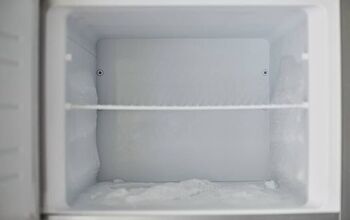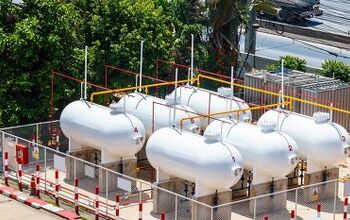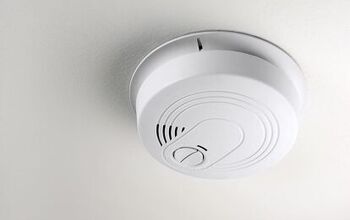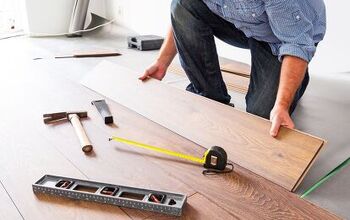What PSI Concrete For A Garage Floor? (Find Out Now!)

A garage floor sees plenty of wear and tear throughout its lifetime, with heavy machinery and vehicles driving over the surface daily. Choosing the right PSI for a concrete garage floor is important to support a strong and long-lasting floor. With the right PSI for your garage floor, you’ll be able to get the most out of your new concrete surface.
For interior spaces like ground-level floors and garage floors, consider concrete with a PSI between 2500 and 4500. In most cases, garage floors with heavy use should use at least a 4500 PSI. Not only will this mix of concrete hold up for years, but it will be strong enough to withstand heavy machines and vehicles.
You’ll want to find a concrete mix with less water and more concrete and sand when mixing the cement. This combination can help create strong and durable concrete. While prices vary throughout the country, expect to pay about $5 per square foot for materials and labor. A typical two-car garage of 400 square feet will cost about $2,000 to install.
Do You Need Concrete, Brick, or Stone Pros?
Get free, zero-commitment quotes from pro contractors near you.

What PSI Concrete Should I Use for the Garage Floor?
Interior floors and garage floors can vary with the minimum strength required. Usually, at least 2500 PSI is required for slab projects, but most homeowners prefer to use about 4500 PSI for their garage floors. 4500 PSI will sustain more impact and be more durable for daily wear and tear from heavy machinery and vehicles.
What is PSI?
PSI is a measurement of concrete strength which is measured in pounds per square inch. This measurement indicates how many pounds of downward force and compression the concrete will absorb before the concrete becomes damaged. A higher PSI means that the concrete mix is stronger but also usually more expensive. Higher PSI concrete is also more durable and usually lasts longer, which will require less costly repairs over the lifetime of the garage floor.
What is the Difference Between 3000 PSI and 4000 PSI Concrete?
Typically, 3000 PSI concrete is used in general residential construction. 4000 PSI concrete is only used for heavy floor slabs or heavy traffic areas. While 3000 PSI should be used in a residential home, 4000 PSI is commonly used in warehouses or concrete footings designed to support a heavy load. The difference between the 3000 PSI and 4000 PSI concrete usually involves the water to concrete or water to the sand ratio when the concrete is mixed together.
How is PSI Determined in Concrete?
PSI is the measurement of how much pressure per square inch concrete can support. The strength is inversely proportional to the ratio between the water and the cement used to mix the concrete. The more water you add to the concrete, the weaker the concrete mix becomes. However, using less water in your concrete mix will make the concrete stronger. For particularly strong concrete, it is common to add more cement and less sand into the mix.
How Thick Does a Garage Floor Slab Need to Be?
In combination with the correct PSI concrete, finding the proper thickness for your garage slab will help determine how much weight you will be able to put on the concrete. For a standard garage floor, most people use a 6-inch thickness. However, different loads will impact how thick the base should be. For example:
- Light loads like a light car or truck can be on a slab that is about four inches thick.
- Medium loads that will support a few average-sized vehicles or a heavy truck should be on a concrete slab at least 6 inches thick.
- Heavy loads like repeat and heavy traffic or heavy vehicles should be on an extremely thick concrete slab. Using at least 6 to 8 inches for your concrete slab combined with a proper sealant will help to prevent concrete cracks and chipping.
How Much Will a Garage Slab Cost?
Pouring a new garage slab into your home is a high cost. However, a garage slab is a great way to increase the overall value of your home and give you unlimited uses. The cost of a garage slab comes from two factors, both the cost of materials and the cost of labor.
Concrete Cost
The cost of concrete for a slab floor in your garage will include the material and delivery of the material. Usually, a 400 square foot concrete slab about the size of a two-car garage will cost about $600. To calculate how much your concrete slab will cost, be sure to factor in about $1.46 to $1.59 per square foot.
Labor Cost
Secondly, labor costs will factor into your overall price for a new concrete floor. It will take about 13 hours to install a 400 square foot slab. The price for labor will vary depending on where you live. In most areas of the country, labor will cost about $2 per square foot. In Atlanta, labor averages $1.57, but in San Francisco, for example, labor can cost upwards of $2.32 per square foot.
Do You Need Concrete, Brick, or Stone Pros?
Get free, zero-commitment quotes from pro contractors near you.

Related Questions
Will coating my garage floors give additional strength?
Adding an epoxy floor coating to your garage floor has several benefits, including increased durability and strength. When you add epoxy to your floor, you can increase the amount of weight the concrete floor can support. With certain kinds of epoxy, it is possible to increase the strength from 3,000 pounds per square inch up to 10,000 pounds per square inch using a simple epoxy coating.
Is it cheaper to pour your own concrete?
Installing a new concrete garage floor yourself can be a great way to save some money. Mixing your own cement is the best way to save a few dollars on your next home improvement project. Bags of concrete are regularly available from the home improvement store and usually require some water to create a pourable cement. You’ll need to create a frame with wooden supports and buy some basic tools, but many savvy DIY homeowners can pour their own concrete for a slab or garage floor.

We are a team of passionate homeowners, home improvement pros, and DIY enthusiasts who enjoy sharing home improvement, housekeeping, decorating, and more with other homeowners! Whether you're looking for a step-by-step guide on fixing an appliance or the cost of installing a fence, we've here to help.
More by Upgraded Home Team



